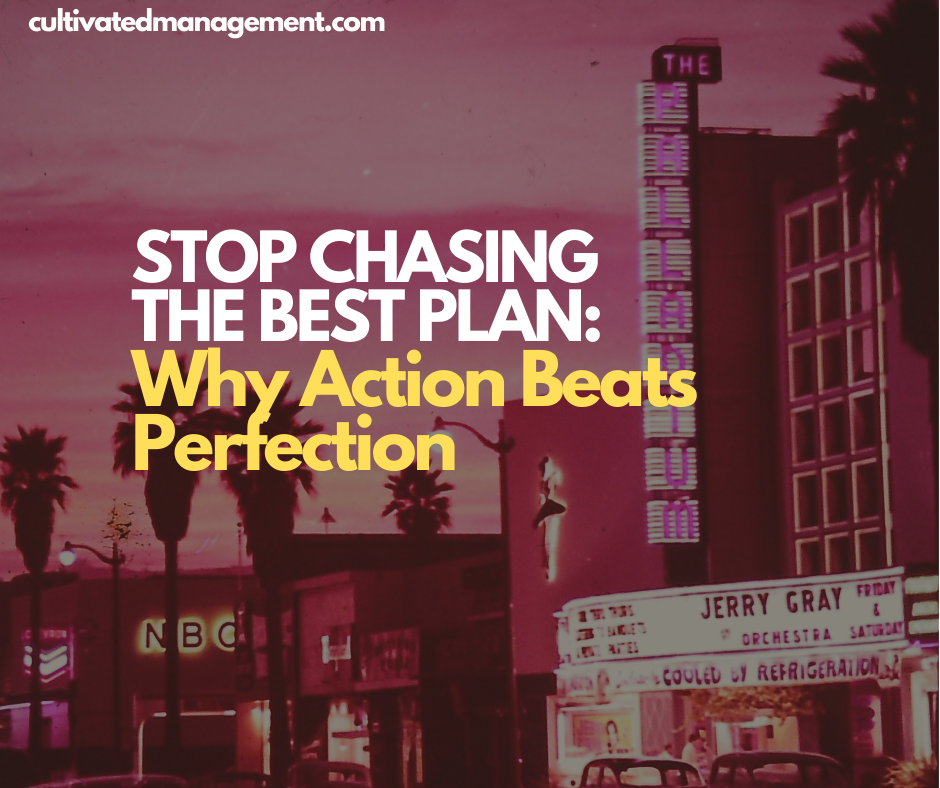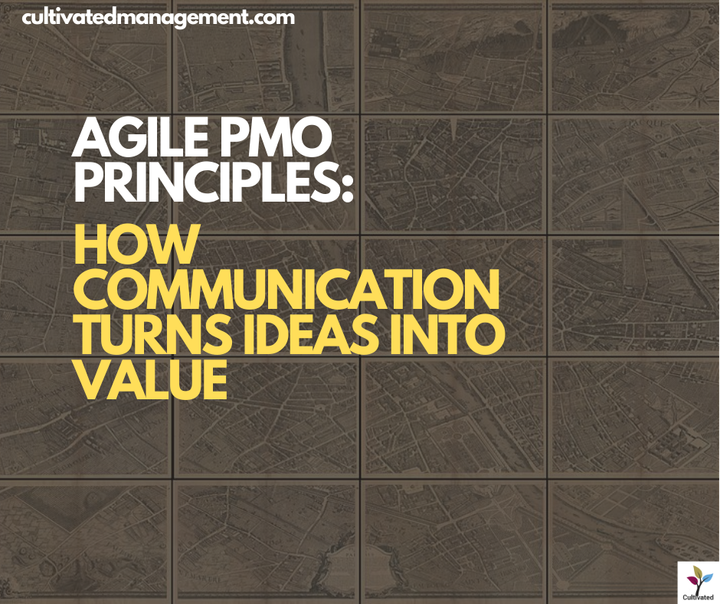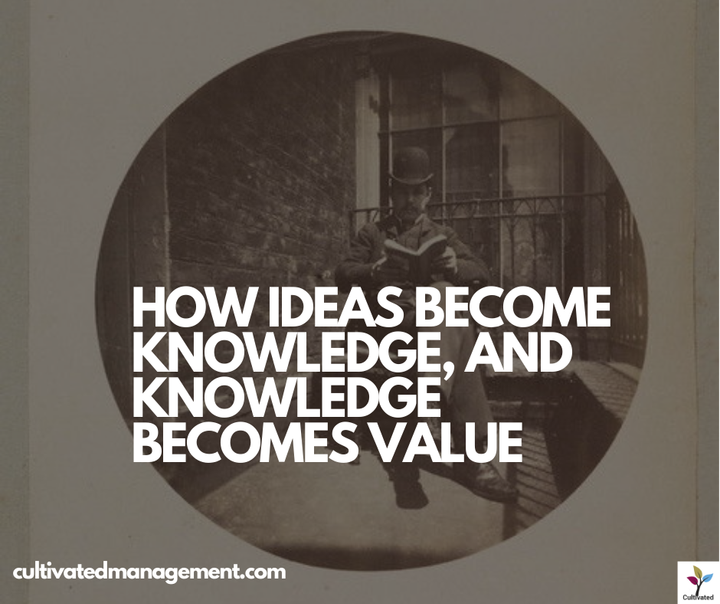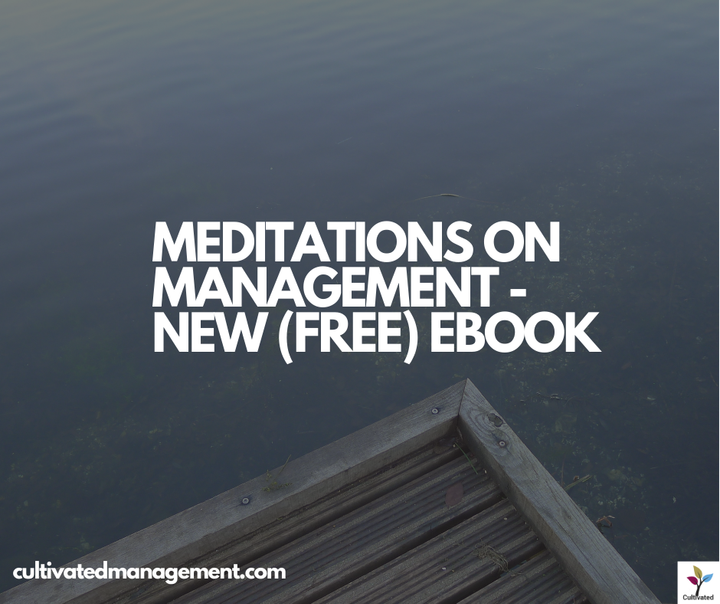Stop Chasing the Best Plan: Why Action Beats Perfection
Chasing the best plan can slow progress and delay results. Discover why the best plan is rarely the best, how over-planning creates waste, and why taking action, learning, and adapting quickly is the real key to business agility and delivering value.

Hey,
I hope you’re safe and well.
I’ve been spending time writing, creating, and generally pottering about. I’ve also added some new service offerings to my business — focused on moving smoothly and quickly towards results: from simple diagnostics to full consultancy support.
I’ve also relaunched, with real energy, the Here’s An Idea Worth Playing With podcast — and a couple of new videos are now live on YouTube. Busy times.
But what I’m most excited about is a new collaboration with two Helens, centred on constraints and creativity and problem solving.
One Helen is Helen Lisowski — my co-host on Stationery Freaks. The other is Helen Callaghan — Sunday Times bestselling author. Together, we deliver an exciting and insightful workshop on constraints - and how they aren't a bad thing!
It’s a fun, hands-on session that shows how limitations can spark fresh ideas and inventive solutions — something we all need in work and life.
We’ve designed it for both individuals and teams, and it works especially well remotely.
I’m genuinely thrilled about this workshop. Take a look.
For those new to the Meeting Notes newsletter, welcome, I’m Rob, Chief Creative Constraints Officer at Cultivated Management. This newsletter is about mastering the art of communication and creativity - and cultivating a bright future of work.
The Best Plan Is Not The Best
If you’ve read my work, seen me present, or worked with me, you’ll know this: I’m a fan of planning — but not of unthinkingly following the plan.
Planning sharpens the mind. It encourages perspective, creativity and thought. It sparks creative problem solving. That’s where the power lies – in the thought process.
But planning also attracts detail lovers. Risk mitigators. Perfectionists. People who want to consider everything. And so planning slows. The output — a plan — becomes insurance. Something to be followed at all costs.
The logic goes like this: if this project, or work, fails, it might be because the plan is wrong.
So, we keep planning until we get the "best" plan. And everyone has to agree what that is – especially senior leadership. More analysis. More detail. More delay. More decision making. More sign offs. All in pursuit of “the best plan”.
But what does “best” even mean? It’s subjective. It changes depending on who’s in the room – and what's on people's minds that day. Meanwhile, time and energy are squandered debating “best” instead of acting, experimenting, learning – and moving towards value.
And let’s be honest — does the customer care whether we had the best plan, or, do they just want something valuable?
The reality is all plans are wrong. Very few survive contact with people, markets, or the complexity of real organisations.
Effective leaders use the planning process as a way to think, mitigate obvious risks and poor decisions, and then to guide. A way to provide clarity over outcomes, align people, to give direction, to take the first step of action. Then they adapt, adjust, or discard the plan as reality unfolds. In other words, the plan helps us to get going in the right direction and move into action to learn – it is not static.
Ineffective leaders cling to the plan, even when it no longer serves the goals or leads to the outcomes. Deviation is frowned upon. Adherence and following the plan becomes the only goal. "We can't show that the plan is not perfect, after all, we spent so long on it."
Here’s how I see it:
- Planning is essential to encourage thinking.
- The plan is an output used to provide clarity, alignment and the first steps of action.
- Action is where learning happens and we work out the best way to keep moving forward.
Harry Beckwith, in Selling the Invisible (aff link), puts the ranked order of plans like this:
- Very Good
- Good
- Best
- Not Good
- Truly Awful
In chasing “best”, we waste time, delay decisions, and avoid the risk of imperfection. But imperfection is where progress lives. And imperfection will always exist.
To have no plan is chaos. Planning is clarity and thinking. But chasing the best plan creates waste, slows momentum, and damages our ability to deliver value.
Businesses exist to serve society. To ship value. Revenue follows value, and revenue funds the next round of value. Every time we stall, chasing the best plan, we delay that cycle.
A very good plan is typically enough to get started.
Because the only way to know if a plan works — is to put it into action, and learn.
Quote of the Week
“In a word, happiness is the feeling of contribution. That is the definition of happiness.”
— Ichiro Kishimi and Fumitake Koga, The Courage To Be Disliked (aff link)
Books I’m Reading
- The Alchemist by Paulo Coelho — truly wonderful classic book about following your dreams.
- Sculpting in Time by Andrey Tarkovsky — hard read but insightful guidance from the legendary film maker.
🚀 Creative Soul Projects
Alongside my work at Cultivated Management, I take on small creative projects that keep me experimenting and learning.
This week I was chasing down the date and location of one of my Grandad's photos. Got there, quite easily to be fair, although there is one photo I can't quite locate.
👉 If you know LA and Hollywood, especially in the mid-century, maybe you can help?

Support Cultivated Management
This newsletter is a labour of love and will always be free, but it's not free to create it - if you’d like to support my work:
🚀 Buy a book, or sit a course.
🏢 Work with me
🎧 Listen to the podcast
👉 Connect on LinkedIn : https://www.linkedin.com/in/robertlambert/
📸 Daily videos on Instagram: https://instagram.com/cultivatedlabs
📸 Daily videos on Facebook
📸 Check out YouTube: https://www.youtube.com/@creativesoulprojects
Until next week.
Take care of yourself and others.
Rob..


